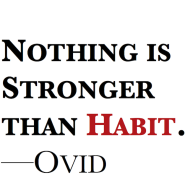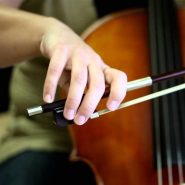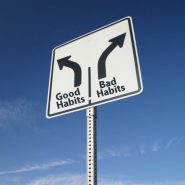Tag: neck
By Selma Gokcen November 26, 2013
Subjects Playing Healthy
Tags accuracy, act, Alexander Technique, attention, Awareness, back, blog, cello, cello playing, cellobello, detect your intention, discovery, distress, effect, effect on cello playing, effortless quality, experiment, familiar, fingers, Gokcen, Habits, head to toe, holding, motion, neck, neuromuscular system, our surroundings, overdoing, pack up our habits, position of rest, Preparation, response, response to life, Selma, sitting, solution, standing, successful functioning in daily activities, support, tension, the preparation phase of movement, well-practiced
By Selma Gokcen February 25, 2013
Subjects Playing Healthy
Tags Alexander Technique, arms, beauty, bend and extend, body at ease, bow strokes, Casals, cello, cello playing muscles, cellobello, challenges, collapse, contraction, dynamics, energy, fingers, flexible, function, Gokcen, Habits, importance of quietness, increased resistance, inner pitch, misguided effort and unease, nasal sound, neck, partnership, perspective, powerful accents, powerful arms, pressured sound, principle of opposition, process, pull and push, repeated sensory stimulation, Selma, sensitive gesture, sensory awareness, simple gesture, Six Part Series, teaching table, thinking in new ways, unwanted sound, volume, wrist
By Selma Gokcen February 3, 2013
Subjects Playing Healthy
Tags Alexander Technique, animate, arms, attention, automatic movement, back, behave, brain, cello, cellobello, collapse, doing, exploration, feet, fingers, force, Gokcen, Habits, hands, laying on the floor, learning, legs, manifest, mental messages, music, music-making, nature, neck, Observation, overcome deeply ingrained habits, Pablo Casals, Patrick Macdonald, perceive, powerful expressiveness, pressure, primary information, process, pushing, re-education, react, rediscovering, Selma, shortcuts, shoulders, strain, stretching, the value of quietness, thinking
By Selma Gokcen November 5, 2012
Subjects Playing Healthy, Practicing




